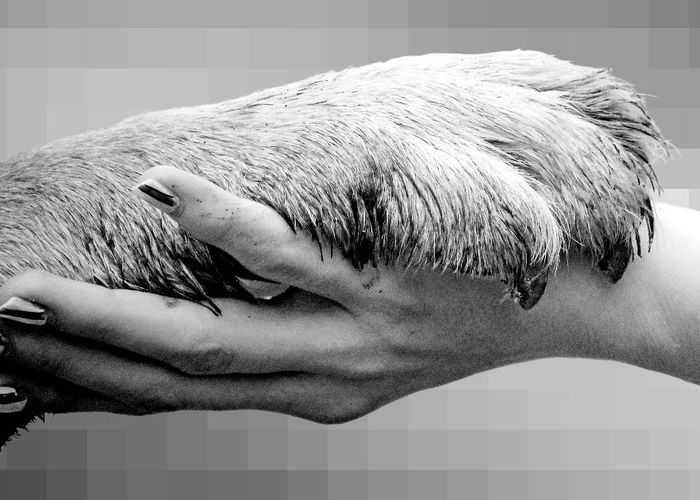

Coding Technology: Unlocking Veterinary Medicine's True Potential
Within the veterinary medicine industry, veterinarians have had the freedom to practice medicine as they see fit. However, due to this lack of regulations and veterinarians' heavy work loads, medical data innovation isn't where it could be. And there really is so much opportunity.
Let's get a deeper understanding of the importance of veterinary medical data to public health and medical research, why current veterinary medical data is lacking, and how medical coding technology aims to remedy the lack of quality data.
The Value of Veterinary Medical Data
Over 20 years ago, the American Veterinary Medical Association recommended the adoption and use of the veterinary extension of Systematized Nomenclature of Medicine Clinical Terms (SNOMED-CT) for the purpose of coding diagnoses in veterinary medical records.
Yet, only five out of 30 academic veterinary schools in North America are applying disease codes to clinical records, according to the Nature Briefing Journal. Furthermore, a majority of clinical records in veterinary practices across the country continue to be in handwritten free-form, rather than in an electronic format. As a veterinarian with a busy schedule, it can be challenging to adopt new methods for medical records and coding. And as you take on more clients, it's the patient's health that becomes your top priority. But keep in mind that by using coding technology to help with your day-to-day tasks, you can save time, focus on other needs within your practice, and even take some time for your own self-care.
Veterinary Coding Technology
New veterinary coding technology programs, such as FasTag, VetTag, and DeepTag, have been in development to bridge the gap between veterinary medical records and data coding, such as SNOMED-CT. These software programs scan through veterinary medical records—both electronic and handwritten—using automatic text classification tools to search for specific words or terms, and assign history or exam findings and diagnostic codes to them, per research from PLOS ONE. Compiled coded data can then be analyzed in a structured form and has the potential to be combined with other institutions for cohort studies. As noted by Nature Briefing Journal, DeepTag is being tested on veterinary notes from Colorado State University to perform systematic analysis, ultimately for prevalence studies, analysis of adverse drug effects, therapeutic efficacy, or outcome analysis studies.
Despite the promise of these recent advances in veterinary coding technology, a large portion of medical records will still be unusable. Therefore, we must do our part to maximize the potential contribution to human and animal welfare. And it starts with each practitioner keeping complete medical records with suspected and/or definitive diagnoses noted.
Veterinary Medicine's Potential Contribution
Veterinary medicine continues to play an increasingly important role in public health in various ways. According to the Centers for Disease and Control and Prevention, at least 60% of infectious diseases in humans can be spread from animals and 75% of new and emerging infectious diseases originate in animals.
In contrast to its integral role in public health, the industry has lagged behind human medicine in its contribution to medical research and innovation. Still, over the last decade, veterinary medicine has taken on a vital role in medical research, as translational research of spontaneous disease in animals has become vital to the study of humans diseases and novel therapies. As noted by the American Council on Science and Health, medical scientists and pharmaceutical companies are relying less on artificial lab animal models of disease and replacing them with real-world comparative disease models in animals that more closely resemble the disease state in humans, since the failure rate of new medical treatments in clinical trials remains high.
Discover the value that coding technology can bring to your practice and enjoy more time with your patients so that they receive the care they need.







